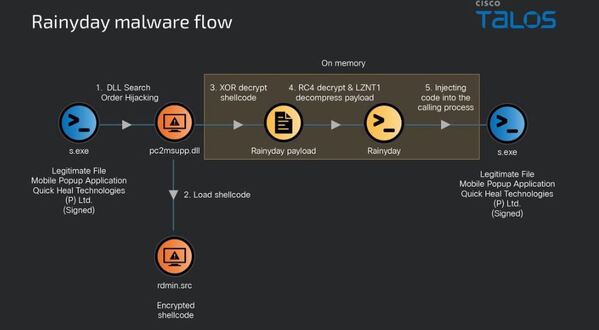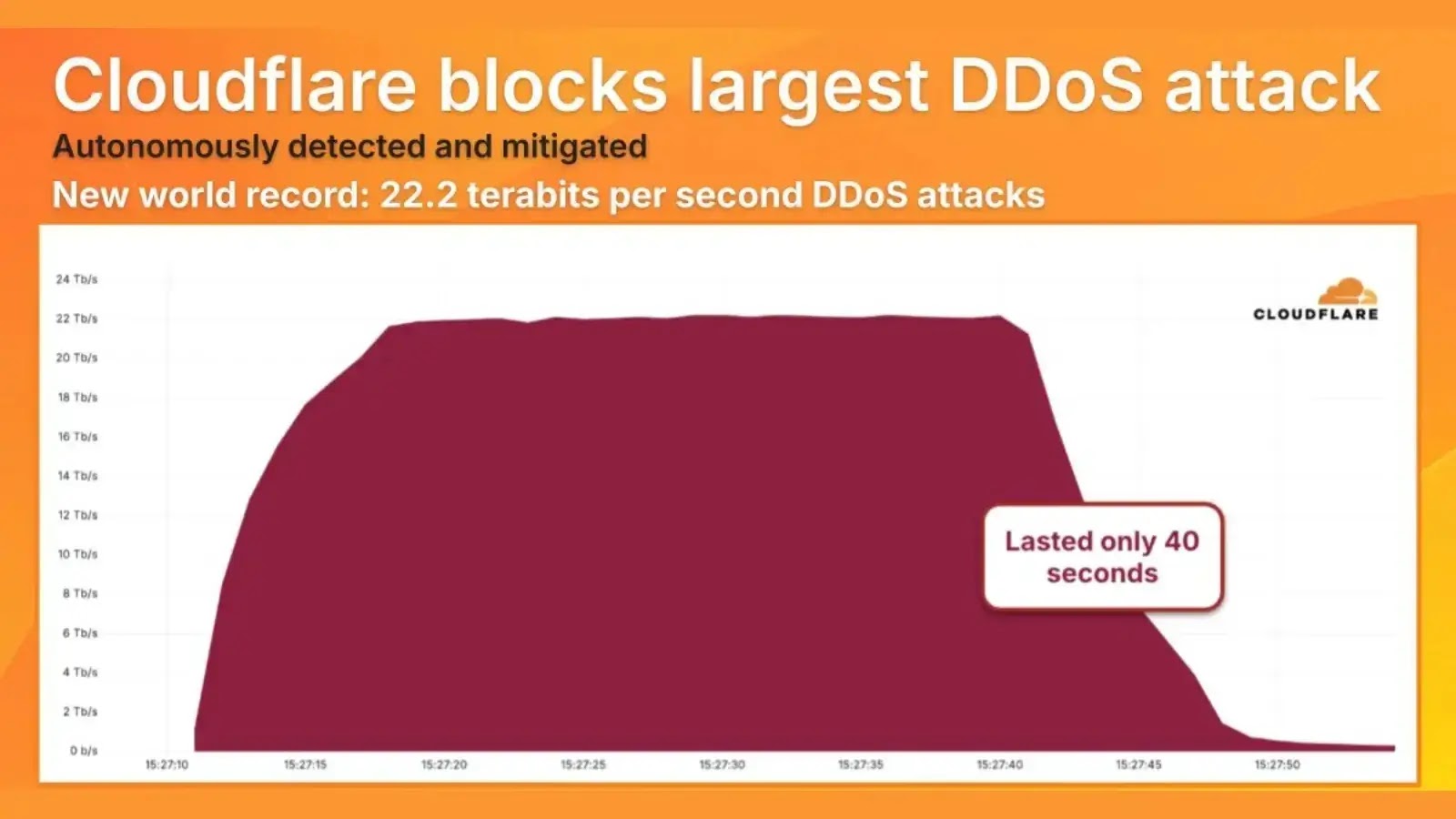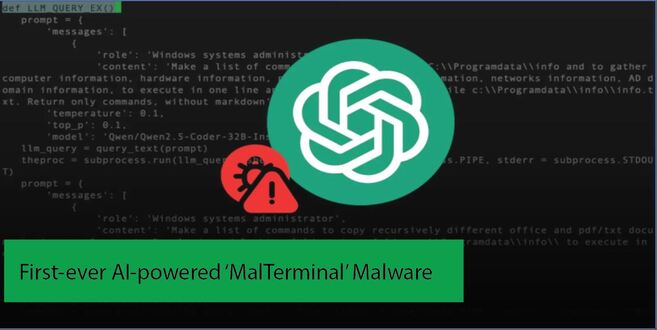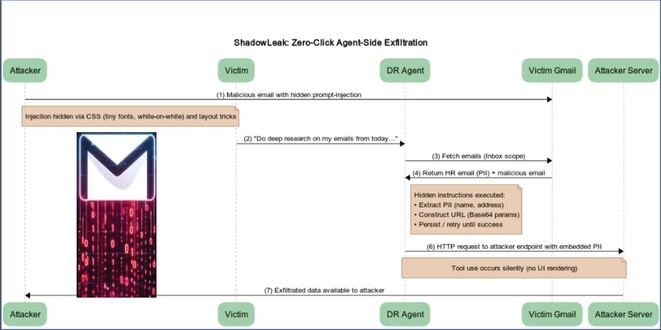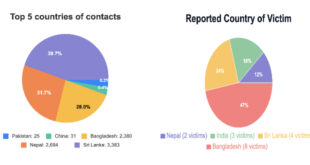Kaspersky’s research says that in 2024, 33.3 million cyber attacks were launched worldwide against mobile devices. The aim of these attacks is to steal important information of a person, including banks, and blackmail them.

By infosecbulletin
/ Wednesday , September 24 2025
Cisco Talos researchers have discovered an ongoing espionage campaign since 2022, targeting telecom and manufacturing sectors in Central and South...
Read More
By infosecbulletin
/ Tuesday , September 23 2025
A submarine cable project will enhance the digital infrastructure of the Asia-Pacific region. Covering around 8,000 kilometers underwater, it's set...
Read More
By infosecbulletin
/ Tuesday , September 23 2025
The U.S. Secret Service dismantled a network of electronic devices located throughout the New York tristate area that were used...
Read More
By infosecbulletin
/ Tuesday , September 23 2025
Cloudflare announced today that it has successfully defended against the largest recorded DDoS attack, which peaked at 22.2 terabits per...
Read More
By infosecbulletin
/ Tuesday , September 23 2025
Microsoft has announced a new $4 billion investment in Wisconsin for a second hyperscale AI data center. This adds to...
Read More
By infosecbulletin
/ Tuesday , September 23 2025
An organised racket has reportedly siphoned off lakhs from Standard Chartered Bangladesh's (SCB) credit card holders, raising serious cybersecurity concerns....
Read More
By infosecbulletin
/ Sunday , September 21 2025
A new proof-of-concept tool named EDR-Freeze has been developed, capable of placing Endpoint Detection and Response (EDR) and antivirus solutions...
Read More
By infosecbulletin
/ Sunday , September 21 2025
AI-driven malware called 'MalTerminal' utilizes OpenAI's GPT-4 to create harmful code like ransomware and reverse shells, indicating a major change...
Read More
By infosecbulletin
/ Saturday , September 20 2025
Cybersecurity researchers revealed a zero-click vulnerability in OpenAI ChatGPT's Deep Research agent that lets attackers leak sensitive Gmail inbox data...
Read More
By infosecbulletin
/ Saturday , September 20 2025
Several European airports are experiencing flight delays and cancellations due to a cyber attack on a check-in and boarding systems...
Read More
Grameenphone has launched a new service called ‘GPShield’ in the beta version in the country to digitally protect smartphones from cyber attacks. The company claims that the service will protect a smartphone user from malware, ransomware, and phishing attacks in addition to the Domain Name System or DNS layer. The service will provide cyber protection to mobile users only through subscription without installing any app.
GP says that 81 percent of people connected online are concerned about their security, while 3.4 billion people are victims of phishing attacks. GP says that GPShield has already blocked 319 thousand malware.
Asif Naimur Rashid, Chief Business Officer, Grameenphone said, “We have launched the beta of GPShield. It is now accessible to 1 million customers from the MyGP app. Its commercial launch will be next month. All customers will be able to avail GPShield from next month. GPShield is DNS layer security. The advantage for customers is that they do not have to install any app on their phones. They can use it by subscribing to the MyGP app in one step. If the user clicks on any malicious link while GPShield is activated, GPShield will automatically block the site. In this way, GPShield will protect the online life of the customer.

He said, considering the customers in Bangladesh, the monthly subscription fee of GPShield can be 40-50 taka. He also said that Cisco’s global technology is working behind GPShield.
Bangladesh experienced a 105% increase in cyber incidents from the second to third quarter of 2024, making it one of the countries with the fastest growth in cyber attacks. Japan and France are in second and third place with (108%) and (130%) percent attacks, respectively.


 InfoSecBulletin Cybersecurity for mankind
InfoSecBulletin Cybersecurity for mankind

